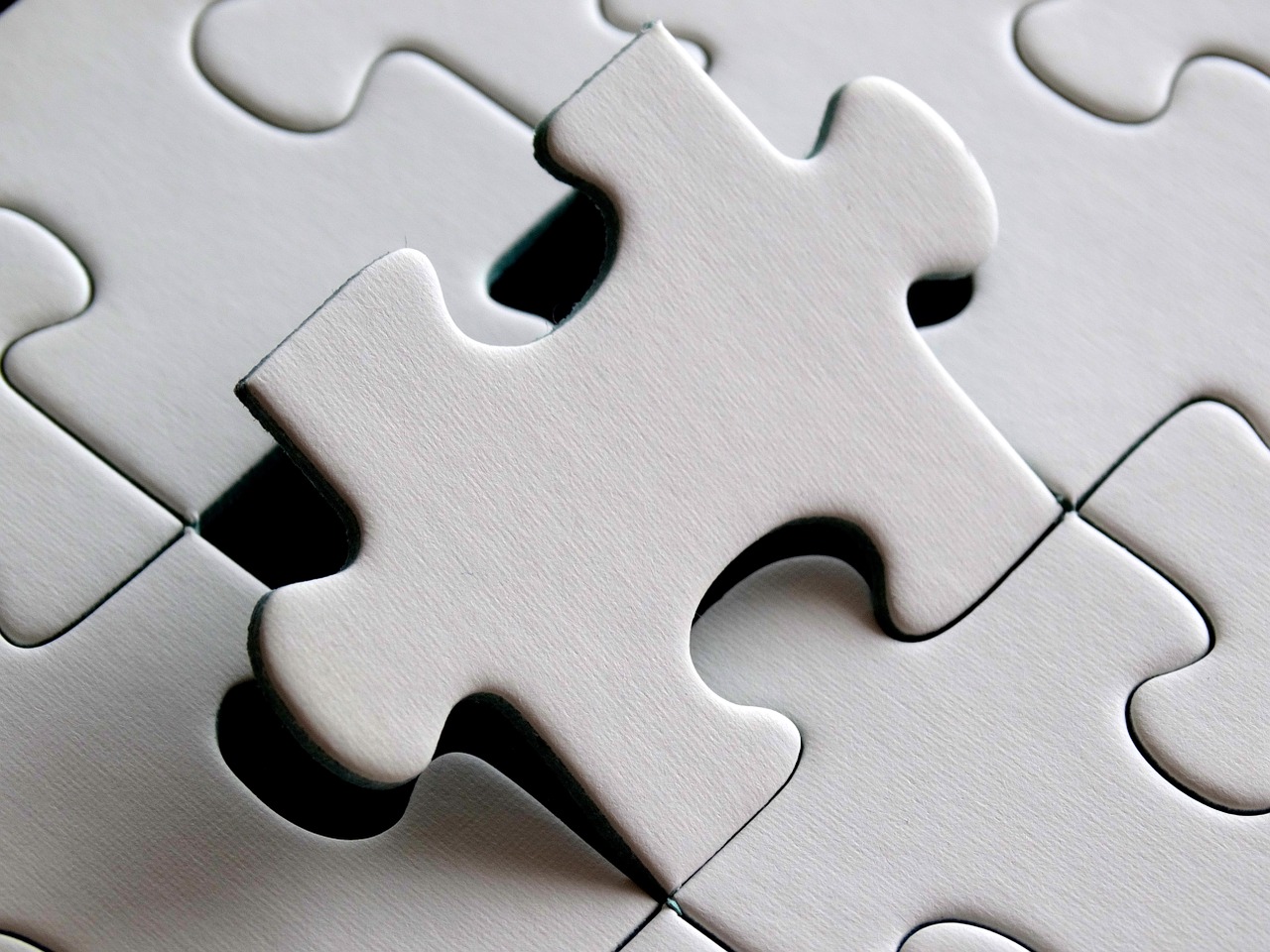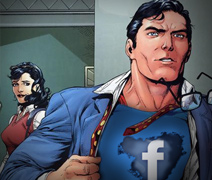Social media can be a better way for authorities to broadcast messages than traditional media. In this post Glen Gilmore gives 10 reasons why social media is important in a real crisis. But how many organisations can actually take advantage of these media?
One reason he leaves out is speed – you can deploy a Facebook site far faster than you can a website, and it will have greater connectivity much faster.
But how many organisations can take advantage of this speed? While an individual can populate a Facebook site in less than eight hours, the bureaucratic approval process could easily take days.
Which means that amongst all the other things governments, businesses and NGOs should have policies for is what can and can’t go on a social media site in the event of an emergency. This might be no more than a checklist of things that should be there, plus authorisation of whoever will be responsible for approving it.
Your organisation also needs to understand that social media sites run themselves, so an overly prescriptive policy isn’t going to work.
Amongst the 10 reasons that Gilmore gives are:
- “Official” social media accounts created by governmental agencies can become a leading hub for sharing critical information.
- Social media beats traditional media in reporting news first; people flock to social networks in time of crisis; social media provides information before traditional media or relief workers can get to the scene of a disaster
- Social media networks are dynamic: the content can be updated in real-time, from diverse users, to share the latest information about real needs and progress
- Social networks can be used to enlist, direct, inspire and thank volunteers


